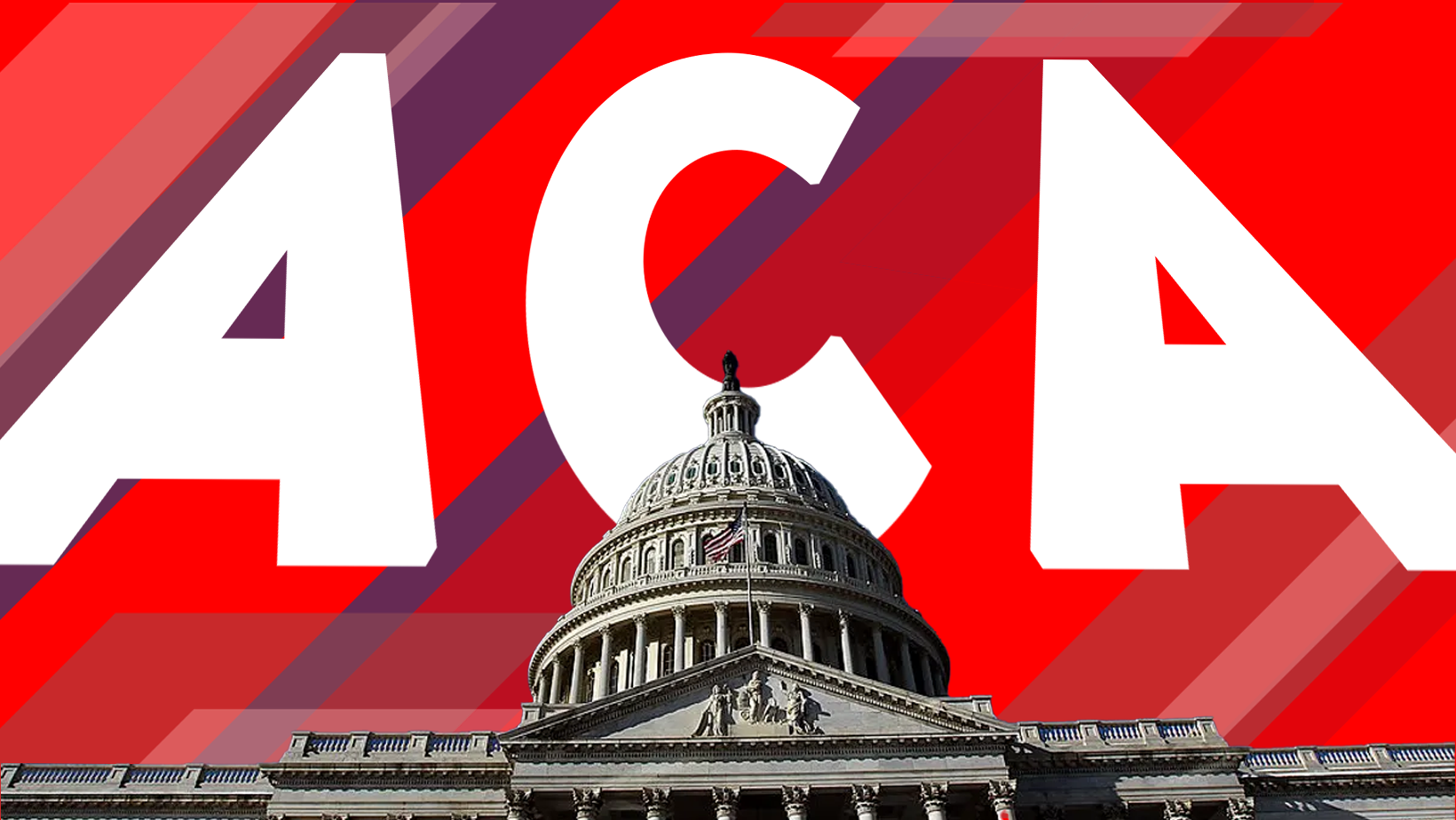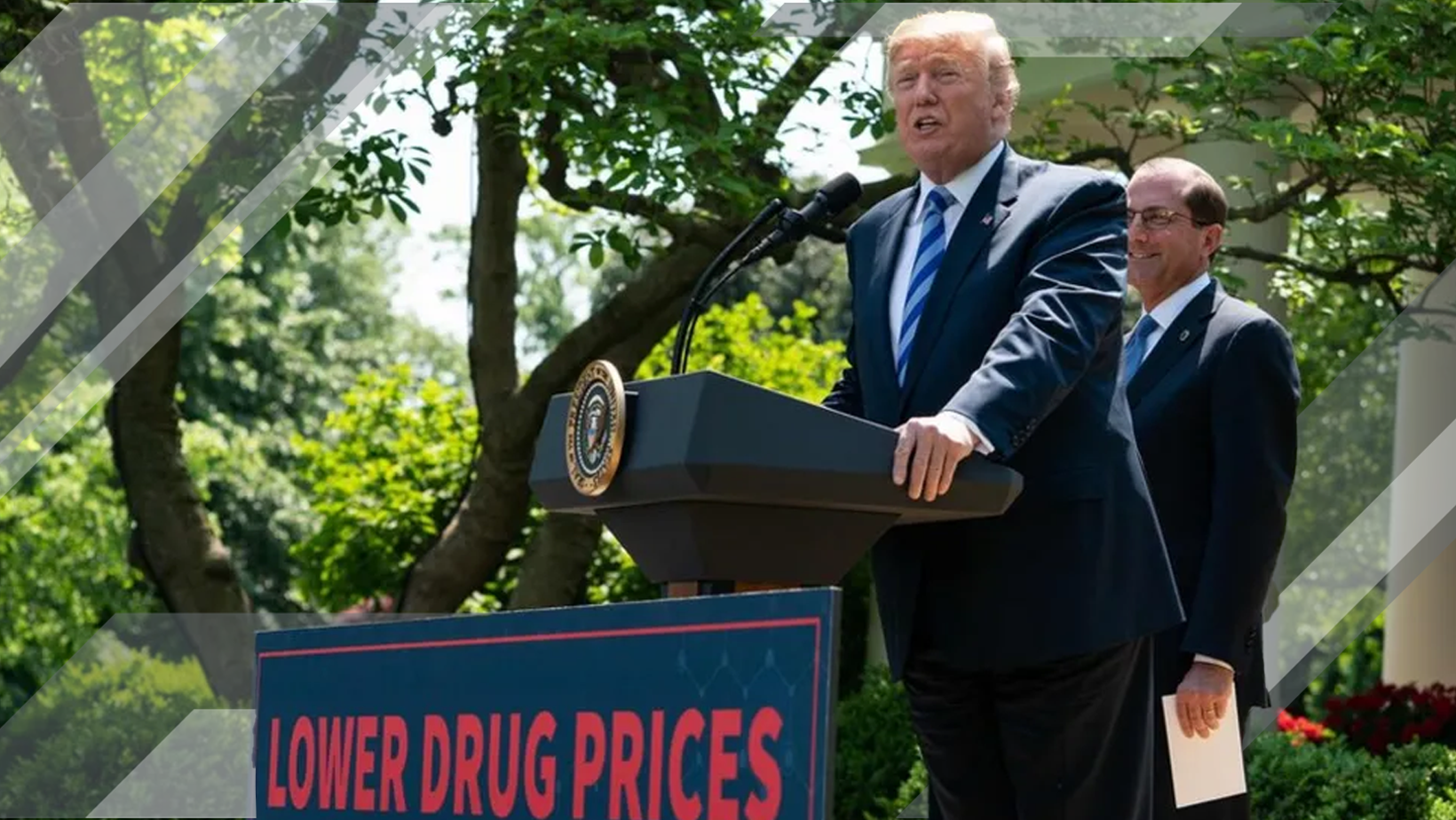Congress ACA Deadline Looms While Premium Spike Fears Intensify Across the Industry
Congress faces a deadline to extend ACA subsidies that prevent premium hikes for millions, but partisan divisions create uncertainty amid a critical midterm election year.





